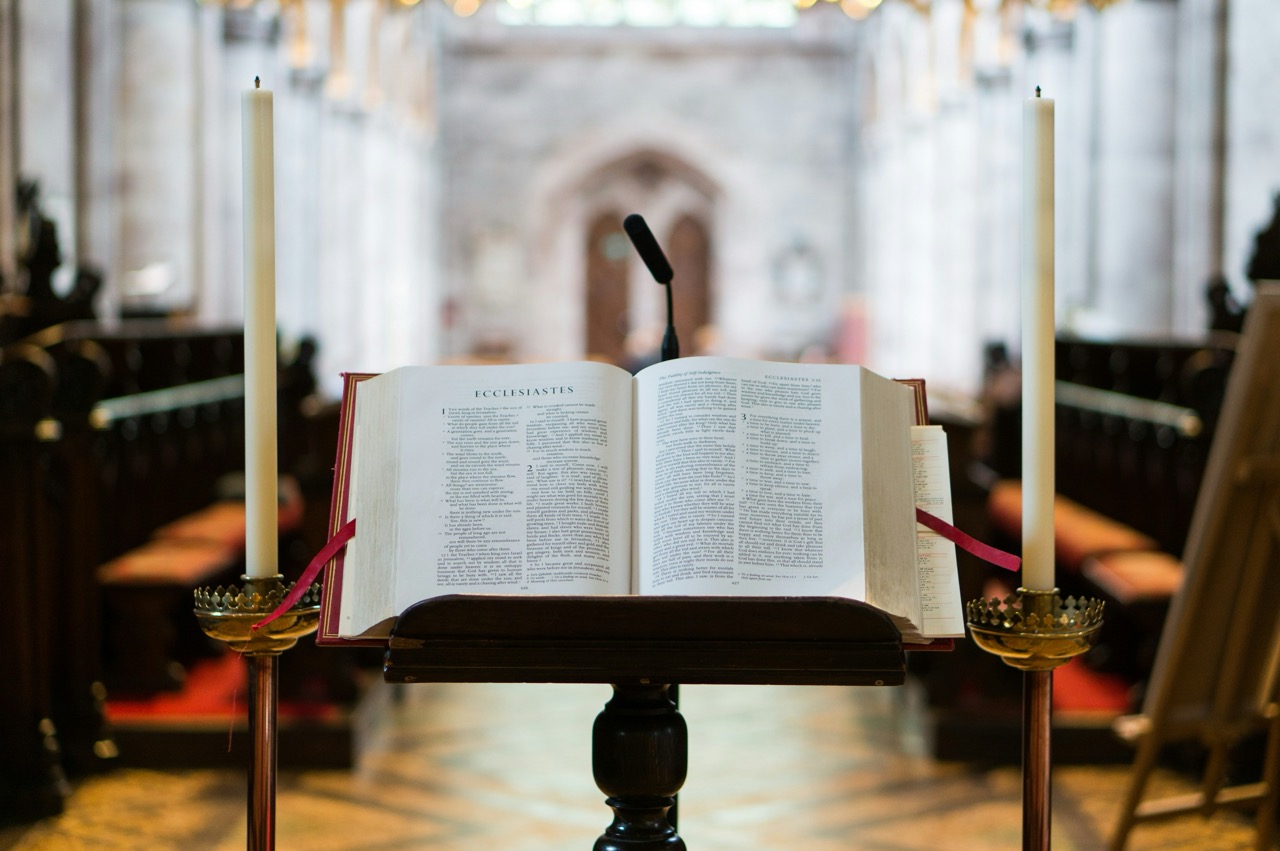What Genesis Teaches About God’s Character

The Book of Genesis, the first book of the Bible, serves as a foundational text for understanding the character of God in Judeo-Christian theology. Through its rich narratives, Genesis reveals profound insights into the nature of God, His attributes, and His relationship with humanity. The creation accounts, the establishment of covenants, and the stories of patriarchs offer invaluable lessons on divine qualities such as faithfulness, justice, and mercy. This article explores these themes to illuminate what Genesis teaches about God’s character.
Understanding God’s Nature Through Genesis Narratives
The Genesis narratives unfold in a series of stories that illuminate the complexity of God’s character. From the creation of the world to the accounts of the patriarchs, God is depicted as an active participant in the unfolding of history. The creation narrative in Genesis 1 showcases God as a powerful creator who brings order out of chaos, demonstrating His authority over the cosmos. This depiction establishes God as sovereign and purposeful, setting the stage for understanding His engagement with humanity.
Moreover, the interactions between God and figures such as Adam, Noah, Abraham, and Jacob reveal personal and relational aspects of God’s character. For instance, God’s dialogue with Adam in the Garden of Eden highlights His desire for relationship and communication. Similarly, the covenant with Abraham illustrates God as one who initiates relationships based on promises, demonstrating His willingness to engage with humanity on a personal level. These narratives collectively illustrate a God who is not distant but intimately involved in human affairs.
The stories in Genesis also reveal the paradox of God’s character, where His holiness is balanced with compassion. For instance, God’s judgment in the story of Noah illustrates His righteousness, while His mercy is evident in the preservation of Noah’s family. This duality is essential for understanding how God operates in a world marred by sin and rebellion. Through these narratives, Genesis presents a multifaceted God who embodies both justice and love, inviting readers to explore the depth of His character.
The Attributes of God Revealed in Creation Accounts
The creation accounts in Genesis 1 and 2 offer profound insights into God’s attributes. The systematic organization of creation in Genesis 1 highlights His power, wisdom, and intentionality. Each act of creation culminates with the affirmation that it is “good,” culminating in the creation of humanity made in His image. This establishes the inherent value of human life and the dignity bestowed upon humanity. It reflects God’s desire for a world that is functional, beautiful, and teeming with life, emphasizing His role as a benevolent creator.
Additionally, Genesis 2 introduces a more intimate portrayal of God as a gardener and a craftsman who forms man from the dust and breathes life into him. This narrative illustrates not only God’s intimate involvement in creation but also His nurturing aspect. The creation of Eve from Adam’s rib further emphasizes the relational dimension of God’s design for humanity, highlighting the importance of community and partnership. These accounts together convey a God who is both transcendent and immanent, capable of creating the cosmos while also engaging deeply with His creation.
The attribute of sovereignty is also evident in the command given to Adam and Eve to steward the earth. This delegation of authority signifies God’s trust in humanity to carry out His purposes on Earth. It reflects His desire for humanity to participate in His creation, suggesting that the divine character is not only about exercising power but also about empowering others. Through the creation accounts, Genesis reveals a God whose attributes invite humanity into a cooperative relationship, fostering stewardship and responsibility.
Covenant Relationships: Insights into Divine Faithfulness
The concept of covenant is central in Genesis, serving as a key to understanding God’s character as faithful and relational. The covenant with Noah after the flood demonstrates God’s commitment to creation despite humanity’s failures. By establishing a covenant marked by the sign of the rainbow, God promises never to destroy the earth again by flood. This act showcases God’s faithfulness and His desire for restoration, illustrating a character that values commitment and reconciliation over retribution.
Abraham’s covenant further deepens the understanding of divine faithfulness. God’s promise to make Abraham the father of a great nation signifies His long-term plans for redemption and blessing. The covenant is characterized by grace, as Abraham receives these promises not based on his merit but as an act of divine generosity. This relationship underscores God’s faithfulness not just to individuals but to a community that will extend through generations. It highlights the steadfastness of God in fulfilling promises, even when circumstances seem impossible.
The covenant with Jacob expands on the theme of divine faithfulness amidst human frailty. Jacob’s life is marked by struggle and deception, yet God remains committed to His promises. In the encounter at Bethel, God reassures Jacob of His presence and the fulfillment of the covenant. This reveals a God who is patient and persistent, willing to work through flawed individuals to accomplish His purposes. The covenants in Genesis illustrate a God whose character is defined by unwavering faithfulness, inviting humanity to respond in trust and obedience.
Lessons on Justice and Mercy from Genesis Stories
The narratives in Genesis also provide critical insights into God’s sense of justice and mercy. The story of Cain and Abel, for instance, illustrates the consequences of sin and the moral order established by God. Cain’s murder of Abel leads to divine judgment; however, God’s response is strikingly merciful. He places a protective mark on Cain, ensuring he is not killed for his transgression. This act underscores God’s commitment to justice while simultaneously extending mercy, a complex interplay reflective of His character.
The account of Sodom and Gomorrah further exemplifies divine justice, as God responds to the outcry against the wickedness of these cities. The destruction of Sodom serves as a sobering reminder of the seriousness of sin and the repercussions of turning away from God’s ways. Yet, the negotiation between Abraham and God highlights God’s willingness to spare the cities for the sake of the righteous. This interaction showcases God’s nature as just, but also merciful, emphasizing that He seeks to balance righteousness with grace.
Finally, the story of Joseph reveals how God can bring good out of evil circumstances. Joseph’s betrayal by his brothers and subsequent hardships illustrate human injustice, but God’s providential hand is evident throughout. By the end of the narrative, Joseph’s rise to power serves as a testament to God’s redemptive plans. This story teaches that while God is just and holds individuals accountable for their actions, He is also a God of mercy who works through human brokenness to achieve His purposes. The narratives in Genesis collectively portray a God who embodies both justice and mercy, guiding humanity toward a deeper understanding of righteousness.
The Book of Genesis richly depicts the character of God through various narratives, revealing His nature as a sovereign creator, a faithful covenant partner, and a just yet merciful deity. The creation accounts establish His authority and nurturing role, while the covenants illustrate His unwavering commitment to humanity. Moreover, the lessons on justice and mercy highlight the complexity of God’s character, demonstrating His ability to balance righteousness with compassion. Through these teachings, Genesis invites readers to engage with a God who is both transcendent and immanent, ultimately laying the groundwork for deeper theological exploration in the rest of the Scriptures.




